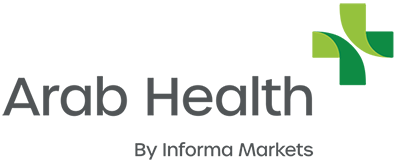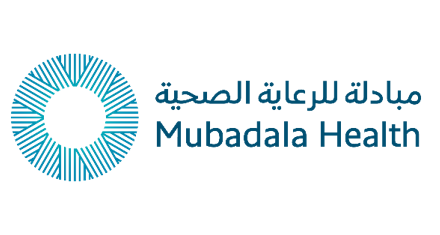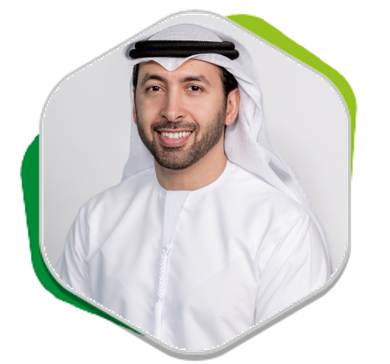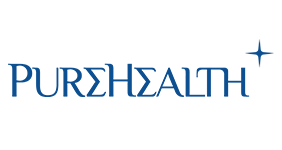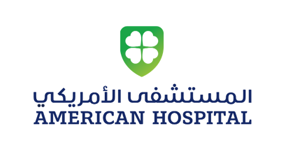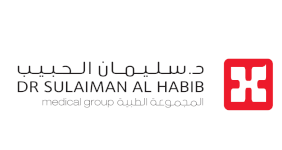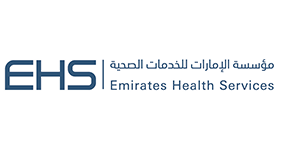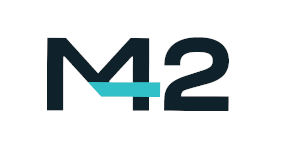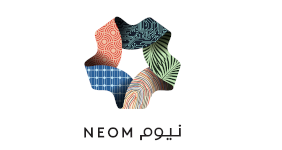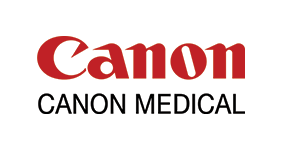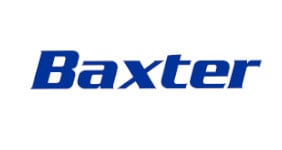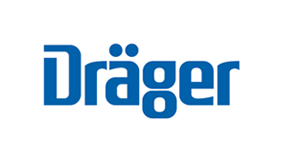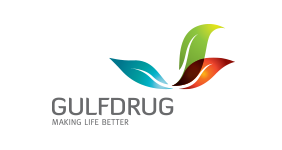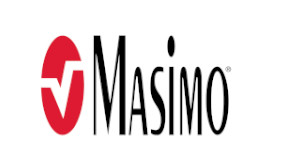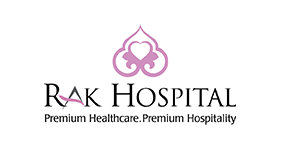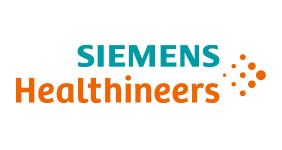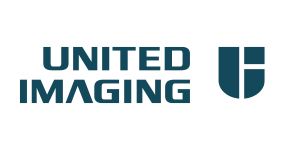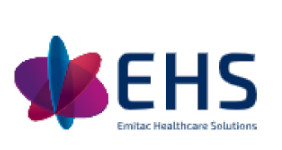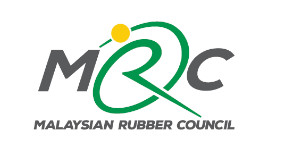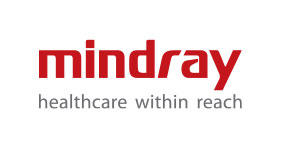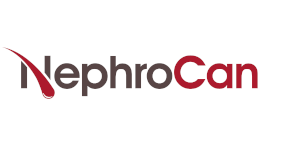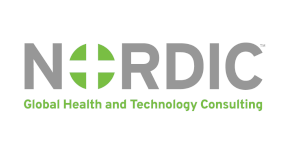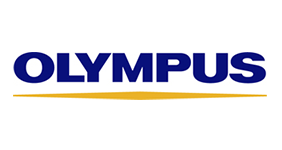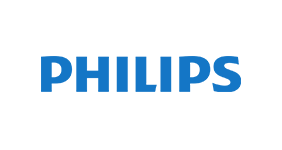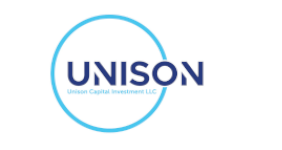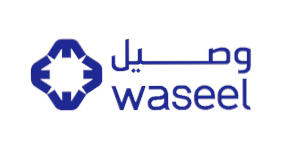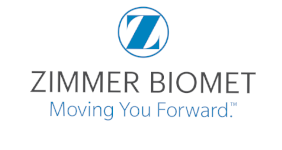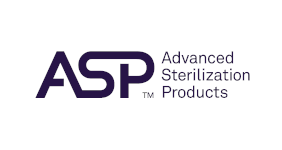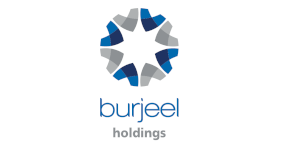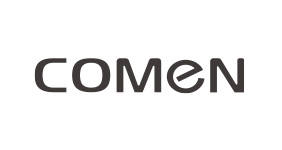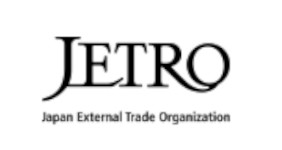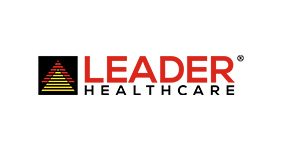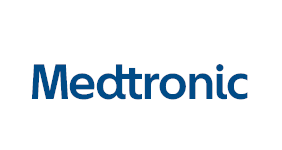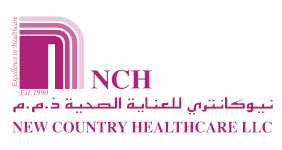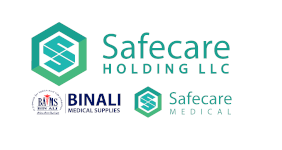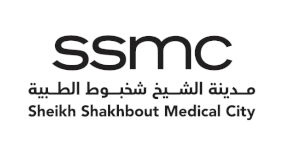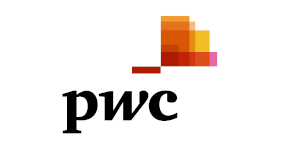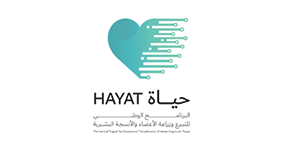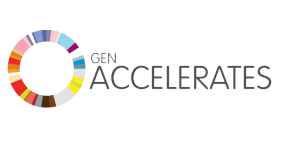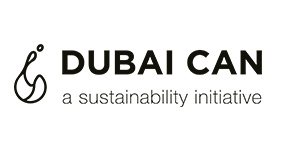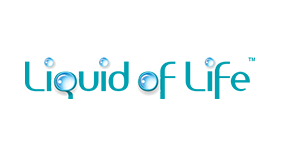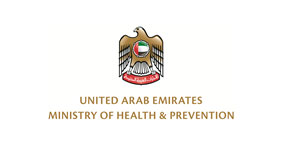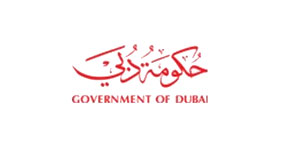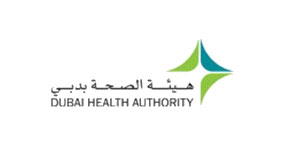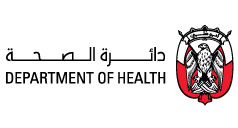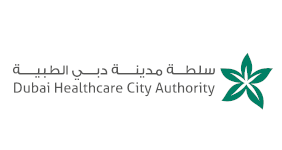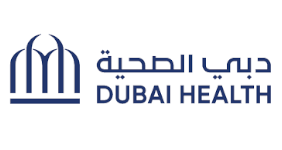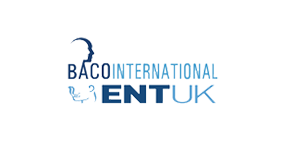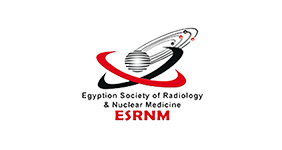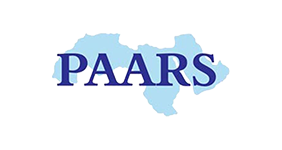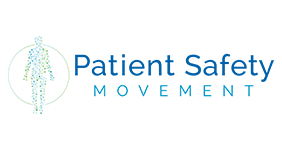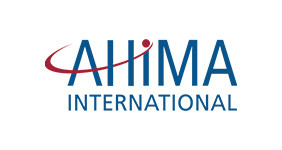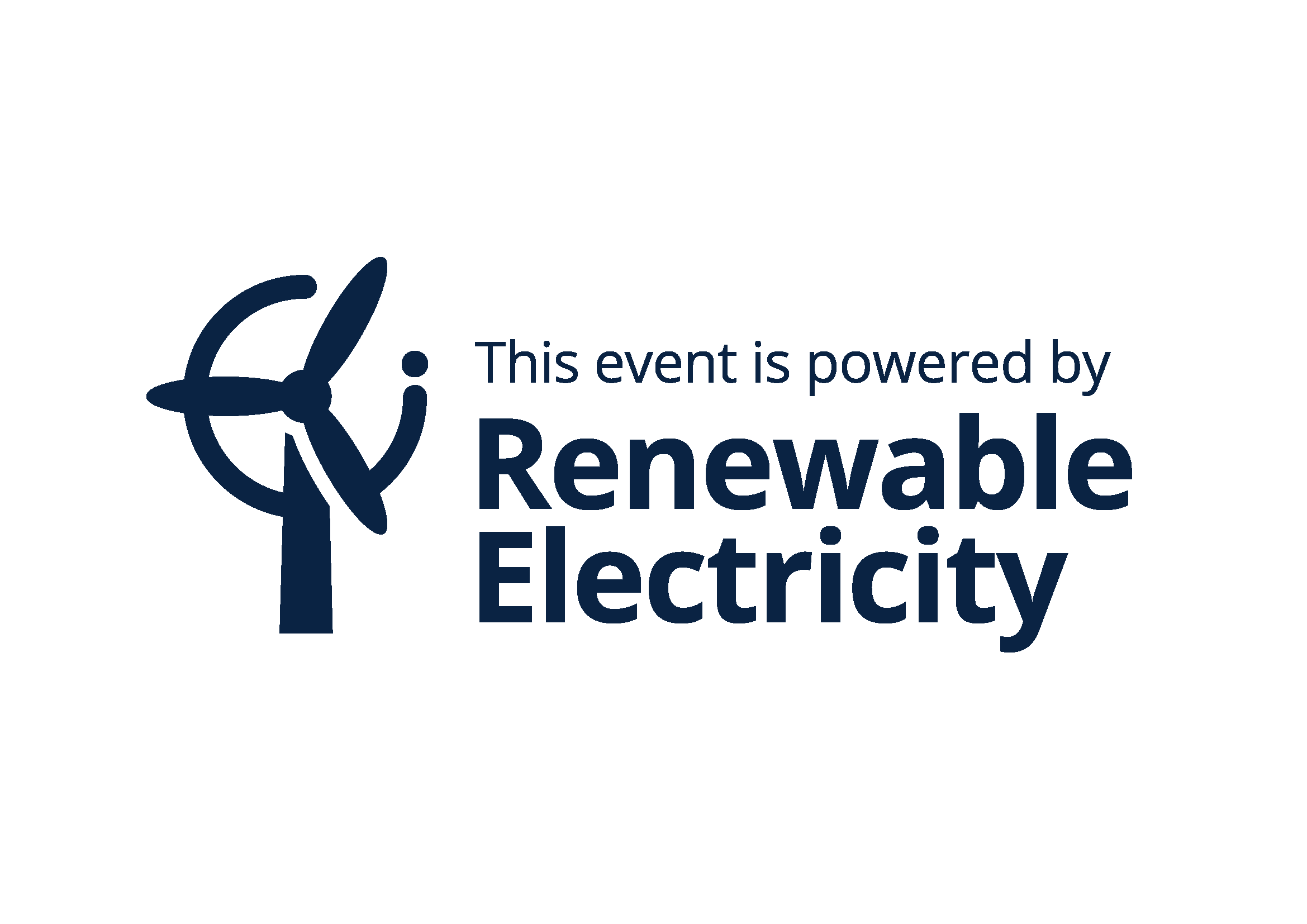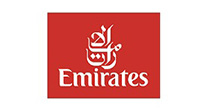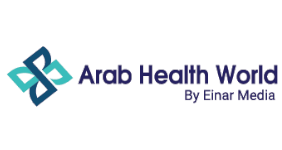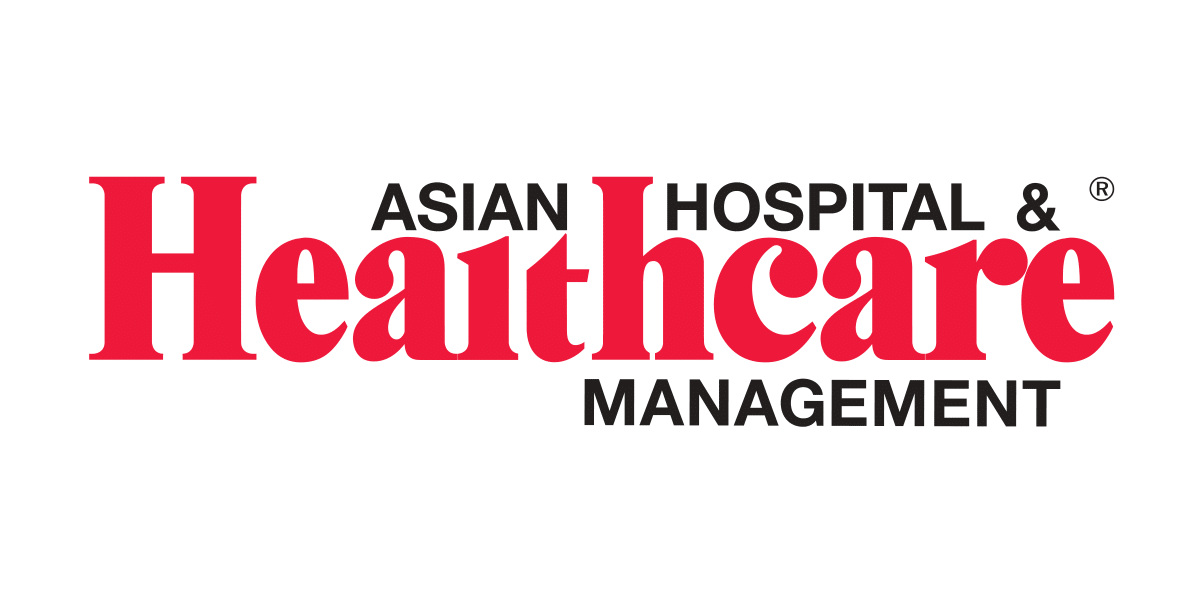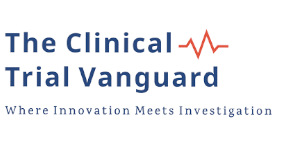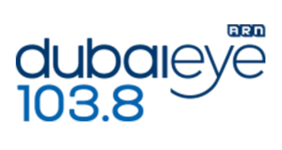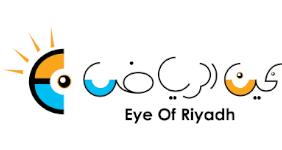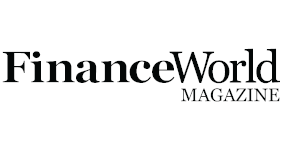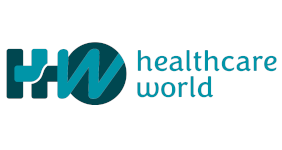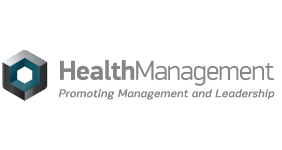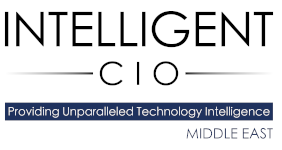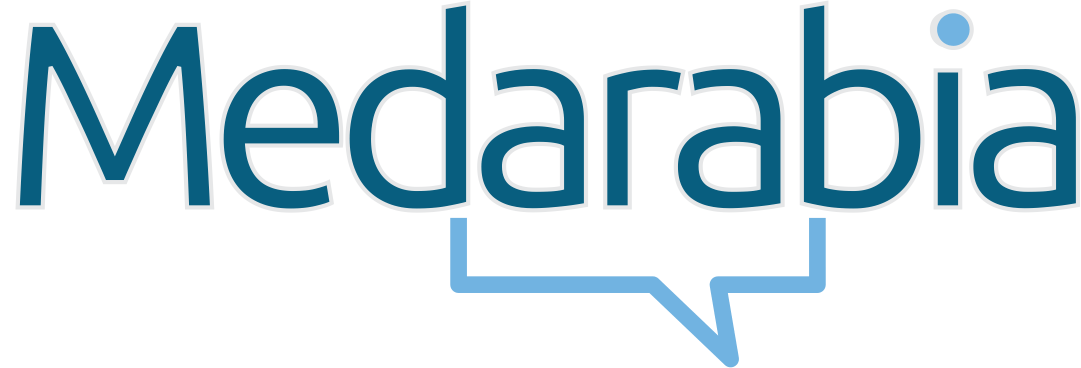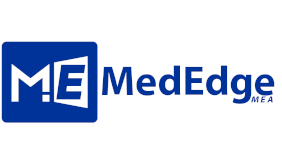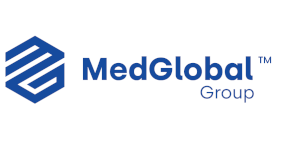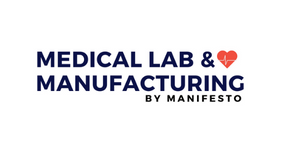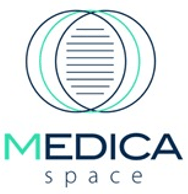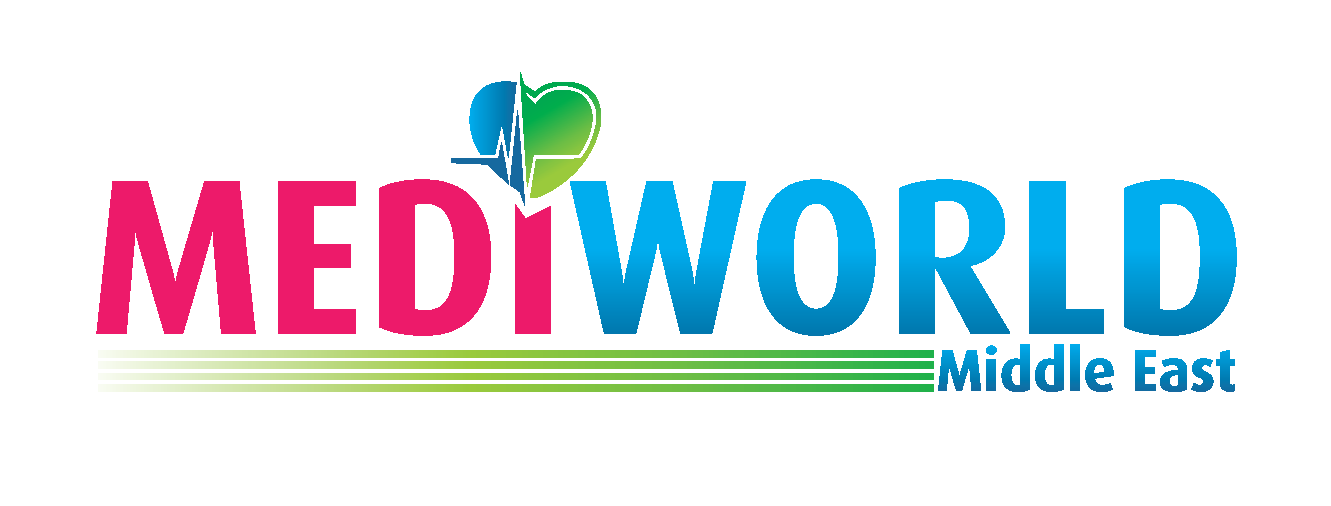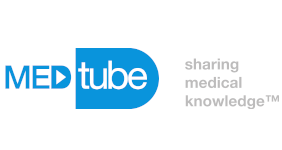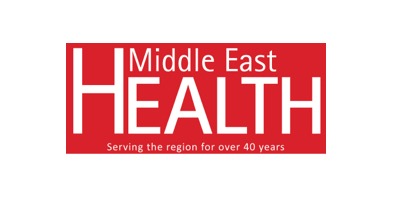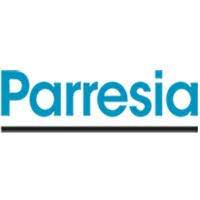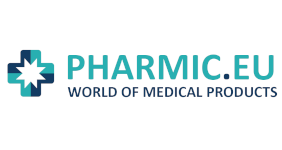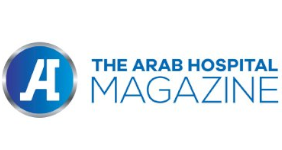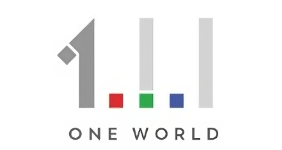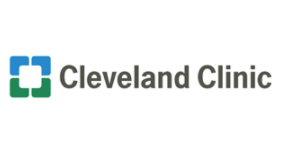Mubadala Health to ensure long-term sustainability of the healthcare sector
Arab Health marks another step in the return to normalcy as the UAE resumes its place as a hub for regional and global industry events, says Hasan Jasem Al Nowais, CEO, Mubadala Health
By Deepa Narwani, Senior Editor
Earlier this year, Mubadala Investment Company had announced that it will bring together six of its wholly-owned medical assets in the UAE into an integrated network to serve patients seeking specialised care. Mubadala Health, the integrated healthcare network is focused on enhancing the patient experience, seeking innovative solutions, driving collaboration across the sector and forging global partnerships to elevate clinical outcomes.
The seven Mubadala Health partners – Cleveland Clinic Abu Dhabi, Healthpoint, Imperial College London Diabetes Centre (ICLDC), Amana Healthcare, National Reference Laboratory (NRL), Capital Health Screening Centre (CHSC), and Abu Dhabi Telemedicine Centre (ADTC)– will work together to contribute to the health and wellbeing of the communities served through an integrated clinical approach, and addressing some of the most vital health and diagnostic issues in the region.
In an interview with Arab Health, Hasan Jasem Al Nowais, CEO, Mubadala Health, said: “By meaningful integration of all of our existing healthcare facilities, we can collaborate seamlessly on patient care and to provide world-class solutions for the region’s most pressing healthcare needs.
“It is our vision to transform the regional healthcare landscape in collaboration with our partners and stakeholders. We are adamant to deliver this by putting patients first, always, and ensuring that all members of our community consistently receive the highest standards of care, and the best possible patient experience, no matter which of our facilities they visit.”
An example of how the integrated facilities complement each other’s expertise will be seen at Arab Health where experts from three of the healthcare providers will be collaborating at the Physical Medicine and Rehabilitation Conference from 21-22 June. Amana Healthcare’s Dr Khalid Anwar, a consultant in physical medicine and rehabilitation, and Healthpoint’s Dr Abdulla Al Rahoomi, a consultant in sports medicine and physical medicine and rehabilitation, will be serving as co-chairs of the conference and inviting speakers, including experts from Cleveland Clinic Abu Dhabi. NRL is also exhibiting at Medlab Middle East, co-located with Arab Health, showcasing its expertise in lab management and diagnostic science.
“Arab Health marks another step in our return to normalcy as the UAE resumes its place as a hub for regional and global industry events. This is the first major healthcare event to take place since we formally integrated our network earlier this year, so it is an ideal venue to start promoting our new brand and identity as Mubadala Health,” he added.
A coordinated approach to tackle COVID-19
Thanks to Mubadala Health’s strong network of diverse facilities and specialities, from the outset the company was able to leverage its strengths and swiftly create a coordinated approach to address the challenges of COVID-19 on many levels, highlighted Al Nowais.
At the healthcare facility level, Mubadala Health implemented multiple safety measures on-site, as well as offered teleconsultations and services such as home blood draws and home delivery of medications to protect patients and to support the community.
“Most recently, we have been striving to support the COVID-19 vaccination drive on a national level through activating, early on, numerous vaccination centres across our facilities and other popular locations across the city of Abu Dhabi. Additionally, from the beginning of the outbreak, we had various drive-through, and onsite testing facilities set up as and when needed,” he shared. “NRL has played a huge role in processing samples at its dedicated COVID-19 laboratories in Abu Dhabi and Dubai and helping to pioneer different tests such as antibody kits.”
Furthermore, through facilities including Abu Dhabi Telemedicine Centre and Amana Healthcare, Mubadala Health was able to support the remote monitoring programme and free up ICU beds at private hospitals across Abu Dhabi. Also, Capital Health Screening Centre launched an occupational health programme to help companies bring their employees back to the workplace in a safe manner.
In addition, the facilities have collaborated on important research projects including an antibody study and a feasibility test for saliva swabs, as well as working with Mubadala’s Strata to offer advice and testing for local production of N95 masks and facial casing boxes for intubating patients.
“We have also leveraged our individual assets’ expertise in certain areas throughout the pandemic. In the initial phases, until it became designated by the Department of Health as a COVID-19 free hospital, Cleveland Clinic Abu Dhabi treated many complex cases. Currently, Amana Healthcare has a specialised programme to rehabilitate patients who have been left with serious health issues or impairments after recovering from COVID-19,” said Al Nowais.
According to him, the lessons learnt from COVID-19 have elevated Mubadala Health to a stronger position in its ability to provide more accessible and convenient care. In the healthcare sector, with the support of the relevant authorities, Mubadala Health has gained expertise in areas such as digital health. For instance, teleconsultations are no longer confined to Abu Dhabi Telemedicine Centre physicians – many of its healthcare facilities now have the infrastructure and physicians trained to offer virtual consultations. This opens up the opportunity to reach a wider geographical area, offering accessible care even to those in remote communities.
“The pandemic has taught us to work together through virtual platforms,” he emphasised. “Support groups, continuing medical education and training courses, as well as conferences such as Arab Health, can be offered digitally or in a digital-physical hybrid to reach so many more people now. The sharing of knowledge across sectors has so much potential and could lead to invaluable collaborations regionally and internationally. The fact that Arab Health is being held as a hybrid event means there are more opportunities than ever for collaboration, networking and learning.”
Al Nowais stressed that the pandemic has underscored the need for knowledge sharing across borders, and Arab Health provides the perfect opportunity for local, regional and international industry players to explore possibilities of working together to enhance healthcare delivery. The many focused conferences taking place also offer an opportunity for healthcare professionals to keep up to date with the latest developments in their fields. “Mubadala Health is proud that several of our assets are playing such a prominent role by sharing their expertise,” he added.
Future of healthcare
The vision of the UAE leadership and regulators, coupled with strong investments in artificial intelligence, blockchain and related technologies, has led to the rapid development of the healthcare sector. These advanced technologies are transforming how some of the most pressing issues in healthcare are addressed, namely facilitating access to medical care, coordinating a patient’s healthcare journey in the most efficient way possible, and delivering excellent outcomes in a manner that suits patients.
First, to facilitate access to medical care, offerings such as video calls, wearable devices for tracking essential health measurements, and cloud technology, will increase the potential to offer greater access to care as well as improve monitoring of patients’ health and treatment efficacy. Next, to coordinate care efficiently, blockchains can enable the sharing of patients’ medical records. Third, outcomes are improved through technology such as the introduction of robotics in surgical procedures, as well as greater use of AI and machine learning in these procedures. “We are seeing exponential increases in the use of robotics at Cleveland Clinic Abu Dhabi, for example,” said Al Nowais.
He highlighted that Mubadala Health is continuously seeking out partnerships to enhance the services it offers to the community while exploring new areas of collaboration. The entity works with local and international partners on healthcare innovations, medications, research, and projects such as enhancing the field of medical tourism.
Some of its recent partnerships include supporting the Department of Health Abu Dhabi and G42 in a ground-breaking Emirati Genome Project that is set to improve healthcare offerings for generations to come and is working with Abu Dhabi Pension Fund to offer enhanced benefits to a group of 67,000 people.
He concluded: “In the past 15 months or so, we have seen remarkable collaboration between the public and private sectors, as well as within each of these sectors. While some partnerships were forged to overcome immediate challenges such as the pandemic, others have focused on the future of healthcare. I believe that these relationships are key to the success of the healthcare industry in the region, and we, therefore, have every reason to be positive about its future. Mubadala Health will continue to play a role in ensuring the long-term sustainability of the healthcare sector through programmes such as trainings and Emiratisation, while also enhancing healthcare through a focus on internal, local and global collaboration, as well as innovation, training and research. Expansion of our services and geographical presence are also items we are looking at for the near future.”
